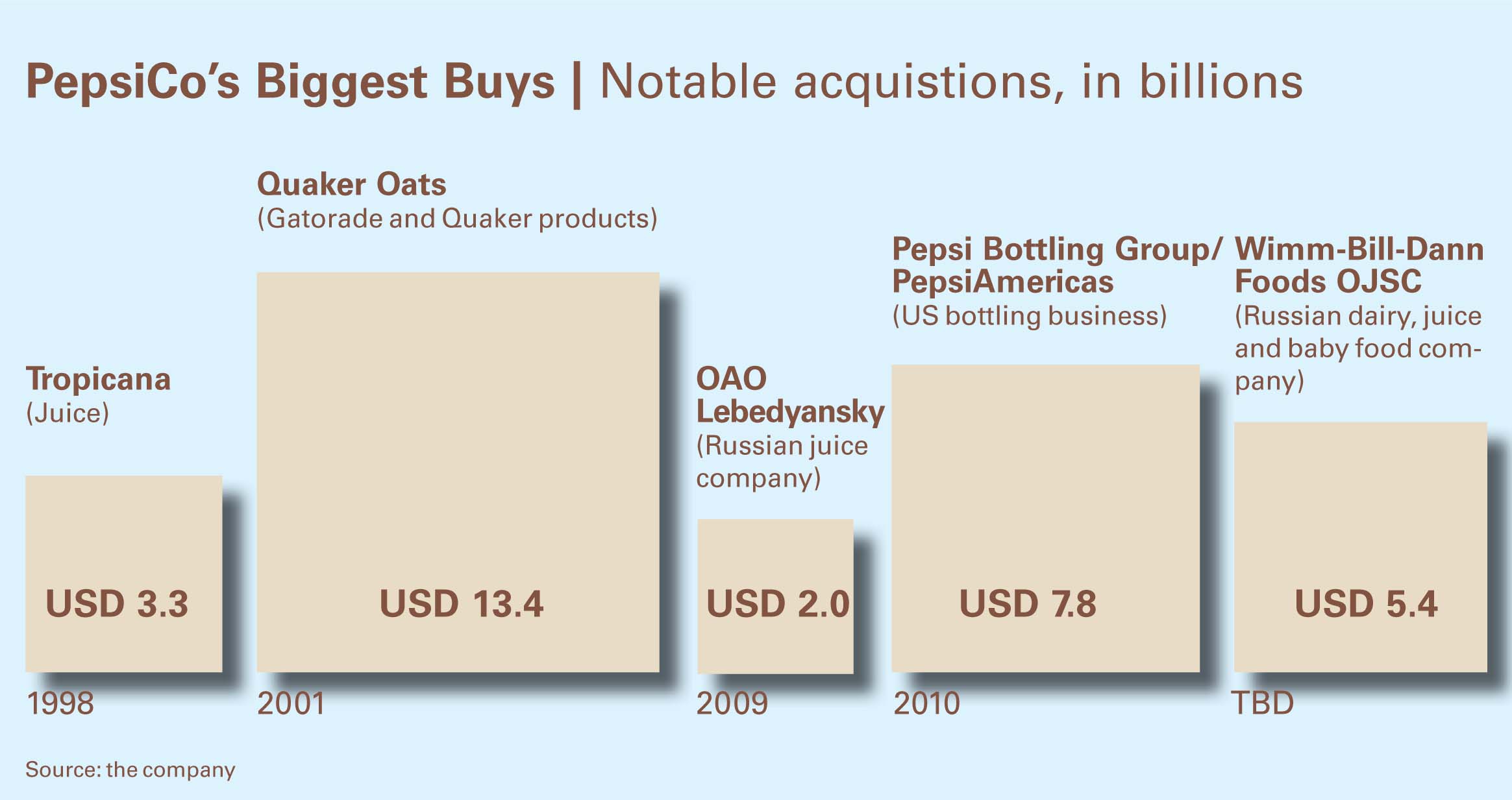PepsiCo, Coke’s arch-rival reported on 10 February 2011 that last year net revenue grew 34 percent, while net income rose 6 percent.
“Why should I care about the rubbish I said yesterday?” Germany’s first post-war Chancellor Konrad Adenauer allegedly retorted when asked why he had done a U-turn on certain policies.
What have we been saying for months? That SABMiller is a likely takeover target. Coincidentally, the beverage economist Germain Hansmaennel and I discussed this possibility in our presentation at Rüdiger Ruoss’ Bündner Runde, a German beverage industry summit in Davos (report out next week in this newsletter), while two days later, on 2 February 2011, over in New York, analysts at Credit Suisse threw the idea into the open that AB-InBev could merge with SABMiller.
Having divested its non-tobacco and international segments, Altria now operates primarily in the challenging U.S. tobacco industry.
Carlos Laboy, in a November 2010 note on Molson Coors, wrote that Molson and Coors Brewing’s first major response to industry consolidation pressure was to merge in 2005. The cost reduction programme of 2005 served both companies well. In 2007, with the looming threat of AB-InBev’s formation, the companies merged their U.S. Coors business with SABMiller’s U.S. unit.
Mr Patiño has held leading technical roles in the areas of Quality Assurance, Research & Development, Technical Services and Brewing Engineering at Molson Coors Brewing Co. (Colorado) and Cervecería Cuauhtemoc (Mexico).
Frank Abenante, the company’s global Vice President of Brands and Insights, will lead the marketing function in the U.S. until a permanent replacement is found for Mr Levy. Mr Abenante, though a marketing veteran, is new to beer. It was reported that he joined the pre-merger InBev in 2007, previously working for Unilever and E&J Gallo Winery. He is currently based in New York.
Damn those Brits and their sarcasm. What did the Sunday Times call Mr Busch? “Unlucky in love”. If he’s unlucky, what about the women he has been courting? Most unfortunate?
Fortune has come under pressure to restructure since October, when activist investor Bill Ackman revealed that his fund, Pershing Square Capital, had built an 11 percent stake.
“This was always a flexible vehicle and we decided it was a good time to unwind it at a profit,” Mr Swinburn told analysts in London.



